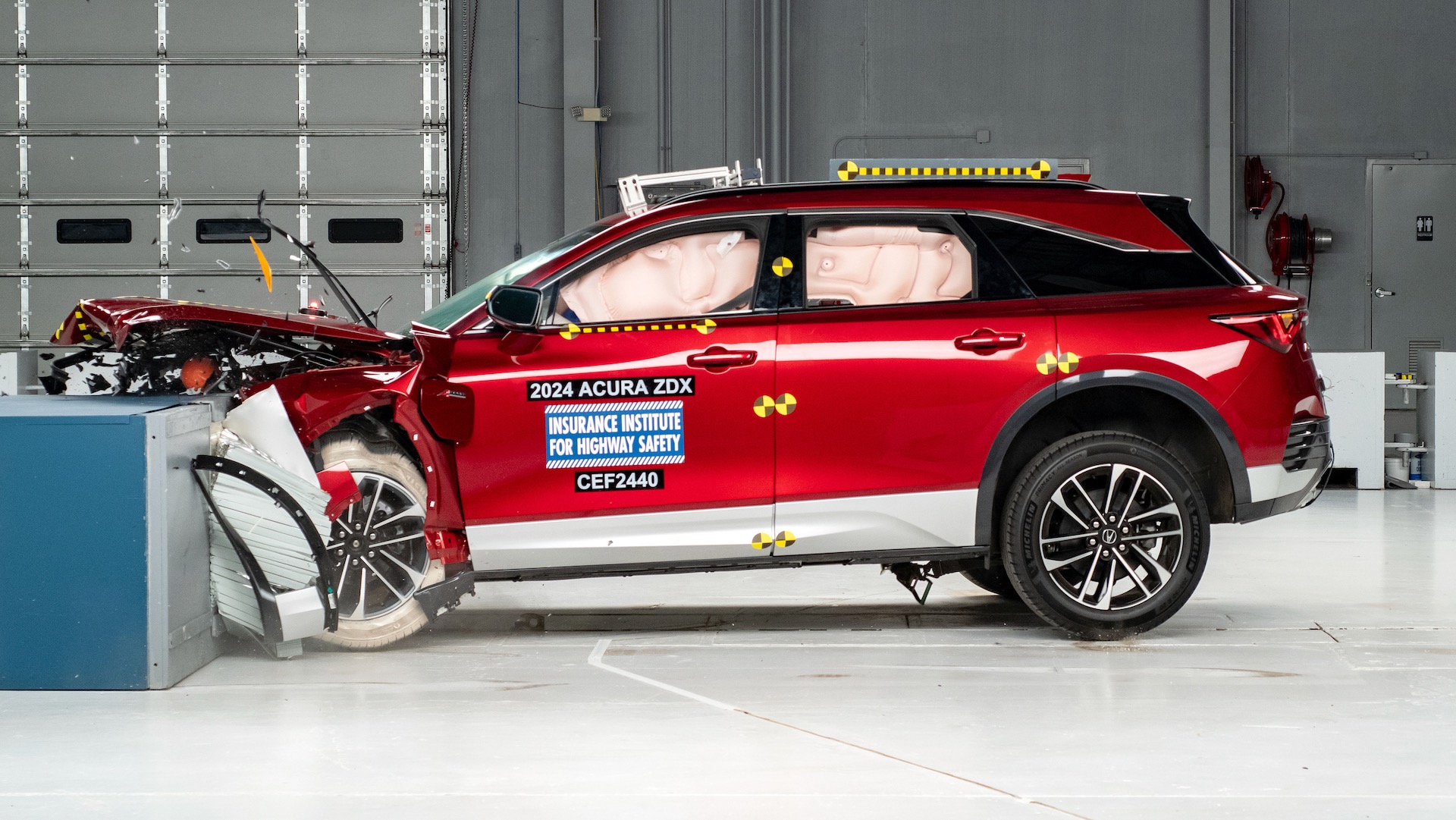

The NHTSA on Monday said it would not reconsider a new rule finalized in April that would set minimum performance standards for automatic emergency braking systems by 2029.
This came after the Alliance for Automotive Innovation, a trade group representing many major automakers, asked the NHTSA to rethink the new rule, which stipulated that new passenger vehicles must be able to stop and avoid striking vehicles in front of them at up to 62 mph, Reuters reported. The group said this requirement is “practically impossible with available technology.”
The NHTSA denied the automakers’ request, but said it was clarifying some technical requirements and correcting an error in the test scenario for avoiding collisions with pedestrians crossing the road, Reuters reported. The decision to uphold the new rule, which goes into effect Sept. 1, 2029, was applauded by Consumer Reports.
“NHTSA is rightly putting consumers’ safety first after finding that the bulk of the auto industry’s proposed changes were without merit and that the rule’s requirements are wholly achievable,” Cooper Lohr, senior policy analyst for transportation and safety at CR, said in a statement. “Now it’s time for automakers to accept the new rule as it stands and focus on rolling out more advanced versions of this technology across their fleets.”
The 2021 infrastructure law directed the NHTSA to establish minimum performance standards for automatic emergency braking systems, which use cameras and other sensors to detect obstacles and apply the brakes if a collision is deemed imminent. These systems are now standard on nearly all new cars, but the lack of standards for performance means their safety benefit can vary.
Such standards will save at least 360 lives annually and prevent at least 24,000 injuries, the NHTSA said in April when the new rule was finalized. The agency last week also announced plans to enact more rigorous crash-test criteria.
Both initiatives aim to offset a spike in pedestrian fatalities after the COVID-19 pandemic. Crash fatalities dipped from 32,043 in 2001 to 26,325 in 2021, but pedestrian fatalities increased 51% in the same time, to 7,388 deaths, according to the NHTSA. In 2022, the last year for complete data, the number of pedestrian fatalities hit a record high.
A Yale-led study warns that global climate change may have a devastating effect on butterflies,…
Apple is said to be developing a new iPad Pro model and it is said to…
Hardik Pandya gave a cheeky send-off to Angkrish Raghuvanshi during the IPL 2025 encounter…
Being able to drive is a necessity in most of America, and having a car…
Mental health care can be difficult to access in the U.S. Insurance coverage is spotty…
A Roman canal dated back more than 2,100 years may have been located in southern…